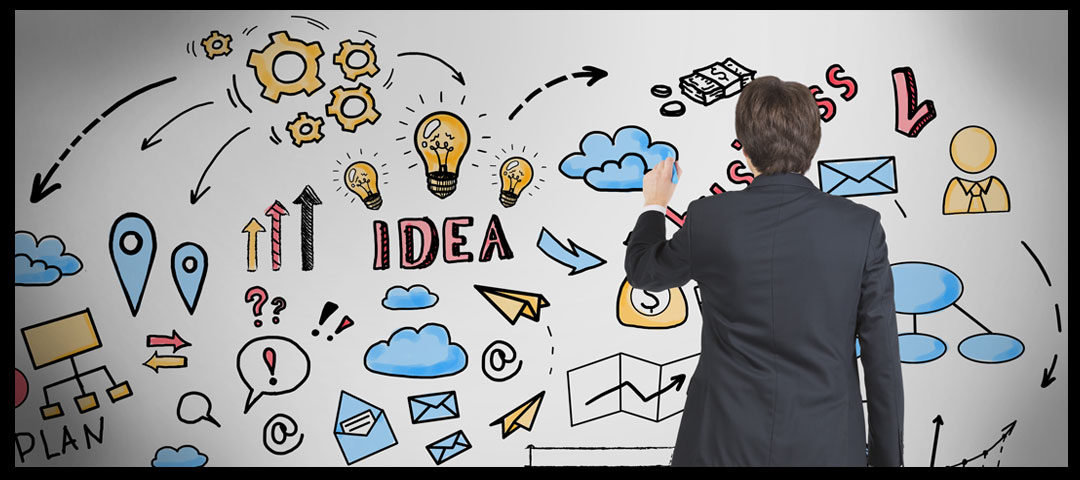What is coaching?
Coaching develops one’s skills, abilities and boosts one’s performance. It is aimed at bringing out the best in individuals by helping them recognize and reach their potential. Mentoring follows a ‘telling’ approach, while coaching offers a questioning and reflective approach. It relies on self-discovery, analysis and accountability. This orientation is a proactive rather than a remedial approach. Coaching also creates a supportive environment for discovering new perspectives and opportunities that one may not be aware of. It is delivered via a focused, time-bound and confidentiality-bound conversation between the coach and the coachee.
In what areas can coaching be leveraged?
Professional Coach – related to professional growth and career concerns.
Life Coach – related to personal effectiveness and relationship challenges.
Effectiveness lies in the openness and commitment of the coachee as well as with the skill of the coach. The coach’s role is to act as a sounding board, a partner, challenger or catalyst for change. The emphasis would be on building the coachee’s ability to deal with issues and grow rather than showing him/ her what action to take or how to go about a particular course of action.
Examples of situations where coaching is suitable:
- An employee moving into a new role and looking for ways to up-skill to meet the challenges of the new role
- A professional facing a challenge in making time to take care of her health and fitness.
- A parent desiring to relate better with his child and facing difficulties in the relationship
- Clarity in identifying goals, values and priorities
- Help in dealing with conflicts
- Developing confidence and clarity in communication
- Preparing to move to the next level & Coping with transitions in career.
- Developing interpersonal and professional skills
In short, coaching is suitable where one is looking at developing oneself in terms of specific performance or behavioral gaps in any area.
What is Executive Coaching?
The gap between potential and actual performance has been the subject of debate and discussion for many organization behavior analysts. It has also been an area of frustration for many managers. The traditional approach to leadership and management development has been to send managers to training sessions and hope they will perform better. However, this approach seldom yields results unless groups are homogenous and development needs are similar. In addition, it is assumed that those attending the training will implement the learning gained. Unfortunately, there is usually no mechanism either for accountability or follow up in these workshops. One on one executive coaching aims at overcoming the above limitations by addressing the issues of uniformity as well as accountability via dedicated coaching sessions.
Executive coaching is primarily concerned with the development of the professional in the context of organizational needs. The coaching objective is to maximize the coachee’s effectiveness and his or her contribution to the organization. It is both experiential and individualized leader development process that builds a coachee’s capability to achieve short term and long term organizational goals. It is conducted through one on one interaction, driven by data from multiple perspectives and based on mutual trust and respect.
Executive coaching involves learning how to learn – developing skills and habits of self-reflection that ensure that learning will continue after coaching ends. Its aims are to eliminate an executive’s long-term dependency on his coach and teach habits of learning and self-reflection that will last a lifetime, enabling him to keep developing throughout his career.
What is the Coaching Framework and process and how is it offered?
 The Coaching framework is based on the ICF competencies which support the coaching process. By creating an open and trust-based environment, asking the right questions, building awareness, creating a coaching plan, setting appropriate goals and managing progress, the coachee is led to leverage their own potential to succeed. Dialogue, fueled through powerful questions, is at the heart of the coaching process. In coaching conversations, managers think aloud, become more reflective and gain access to their own tacit knowledge and unexplored ideas.
The Coaching framework is based on the ICF competencies which support the coaching process. By creating an open and trust-based environment, asking the right questions, building awareness, creating a coaching plan, setting appropriate goals and managing progress, the coachee is led to leverage their own potential to succeed. Dialogue, fueled through powerful questions, is at the heart of the coaching process. In coaching conversations, managers think aloud, become more reflective and gain access to their own tacit knowledge and unexplored ideas.
The contract will be initiated with an initial discussion during which the coach meets with the client to discuss the goals and expectations for the coaching engagement and overall objectives that the coaching will address. The meeting will also address agreement upon goals/objectives for coaching, desired outcomes, definition of success for the engagement, the coaching process, confidentiality, and expectations for leader and sponsor during the coaching engagement. The coach will also create a customized coaching plan that would bring focus, structure, and accountability to the coaching process.
Dedicated Coaching sessions are established for about an hour each, generally once a week for a period of about 4-6 months, depending on the nature of the coaching agreement. If required, the engagement can be extended.
Coach profile
Chris D’Souza is an International Coaching Federation (ICF) credentialed coach. He has a rich blend of both line and support management experience of around 20 years in senior positions in Technology, Management, HR Consulting and Learning roles. Some of the organizations he has worked with are Citibank and HCL Technologies, his last role being People Development Partner in IBM. He holds a Master’s in Business Administration, is a Human Capital Strategist, besides several other management and technical certifications. His areas of expertise are Executive & Life Coaching, Leadership Development, Training and Consulting on Talent Management. He has helped hundreds of professionals, right from Senior Leaders to Graduate Hires, discover their strengths, remove barriers to growth and reach desired levels of performance. LinkedIn Profile




